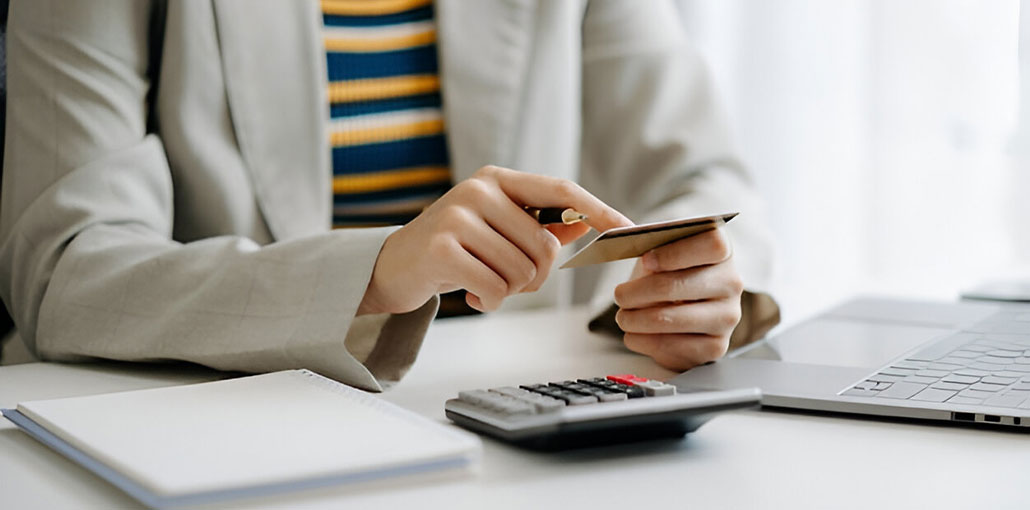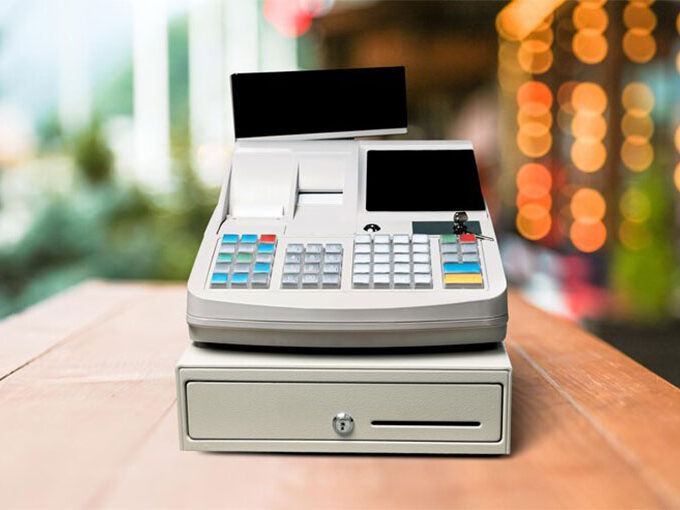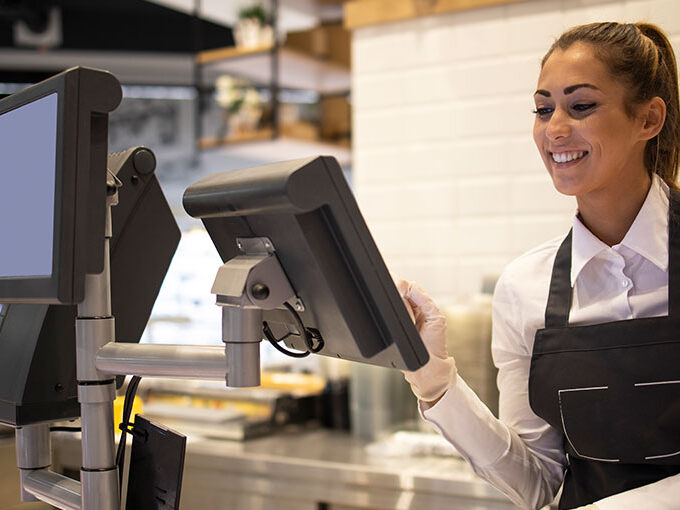Banks commonly issue a provisional credit when customers dispute a charge; this temporary refund helps protect businesses while their case is under review. While businesses might see it as a minor setback, if that provisional credit becomes an actual chargeback, it could significantly harm both their bottom line and chargeback ratio in an increasingly competitive payment dispute environment. Proper management and prevention of provisional credits are critical.
This blog explores what provisional credit means, its importance for businesses, and how to prevent costly chargebacks from occurring.
What Is Provisional Credit?
Provisional credit is a form of credit provided by the issuing bank directly to the consumer before the full chargeback refund is made. This allows customers to gain temporary access to funds while the issuing bank investigates and processes any chargeback. However, if the issuer does not agree with merchants after the chargeback process, the cardholder is required to repay the credit that was granted to them.
When a consumer disputes a charge to his credit card chargeback process could be long. Customers typically wait for up to a few weeks, and sometimes even months, before receiving the refund. To ease the burden on customers, banks that issue credit cards offer credit to customers on a pro-rata basis to pay for the funds that are disputed.
How Does a Provisional Credit Work?
The process of provisional credit is simple. When a consumer makes a chargeback, it is essentially requesting a refund for fraud, misrepresentation, or any other reason that is applicable. Since there is a long time is required to determine whether a claim is valid, the bank issuing the claim could credit the account of the customer with the amount disputed.
Merchants do not need to fund credit for provisional purchases. It’s the responsibility of banks that issue them to decide if they would like in fact credit the consumer. Once the bank has completed the investigation process, either allow its provisional credit to stand or if a business successfully contests a chargeback, then these funds will be taken from customer accounts and distributed back to the merchant.
Also read: What is Retro Pay? How to Calculate It
Why Does a Bank Issue a Provisional Credit?
In essence, banks issue provisional credit to keep their customers satisfied. Reversing charges can be an exhausting and time-consuming process that leaves customers without funds to cover fraudulent charges. To ensure that customers utilize their credit cards with confidence to purchase goods, they can get credit to cover gaps in funding. It’s not a perfect solution. If a cardholder uses a credit that is not a provisional one before an official chargeback decision is made, the bank that issued the credit needs to recoup the credit from the cardholder to offset the reverse.
Provisional credit can help merchants gain more trust from customers when it comes to credit card payment processing. If a client believes that an untrue charge to their credit card could cause frozen money, then they might have a lower likelihood of choosing to purchase through their credit card.
In addition, there are occasions when banks will provide provisional credit instead of conventional transactions. Assuming an initial transaction has started but has yet to be completed, A provisional credit will remain in the account until completion of that particular transaction.
Advantages of Provisional Credit
- Happy customers: Customers who don’t need to wait months before receiving their chargeback money tend to be happier with banks, merchants, and credit card networks.
- Easy Dispute Process: By allowing customers to access funds in an issue, there’s no hurry to arrive at the final chargeback dispute settlement.
- No Funding Gaps: Fraud victims deserve uninterrupted access to the money they’ve rightfully earned. Provisional credit guarantees that there aren’t any unfair gap in funding that causes financial hardship for consumers.
Disadvantages of Provisional Credit
- Chargeback Probability: Merchants aren’t able to pay for a provisional credit to the customer. Chargebacks can become real if the bank that issued them holds merchants accountable.
- Issues for Card Issuers: The card issuers are accountable for giving credit to the client and then chasing the money if the merchant gets the chargeback.
- Assumption of a Successful Chargeback: A person may think that they have won a chargeback if the issuing bank credits their account, but they aren’t aware of the procedure. This could lead to dissatisfied customers if the decision is in favor of the merchant.
How Do Provisional Credits Affect Your Business?
Provisional credit should have no direct impact on your business, as merchants aren’t required to cover temporary refunds. On the contrary, provisional credit could help increase consumer trust. studies show that people tend to spend more when paying with credit than cash, which could translate to greater sales for your business.
Can You Reverse a Provisional Credit?
Yes, provisional credits can be reversed should any disputes between customers and merchants be settled in their favor. Once an investigation is concluded by the issuing bank and it has determined the charge as legitimate, temporary credits given to customers will be canceled and returned to their business.
What Is a Provisional Credit Reversal?
A Provisional credit reversal occurs when temporary refunds granted during an investigation end in favor of the merchant. Once resolved, this practice causes issuing banks to reverse credit amounts given, returning any disputed amounts back into business accounts or deducting them from customers’ accounts accordingly.
Also read: Chargeback Prevention Services: Definition, Benefits, and Types
Avoiding Chargebacks: How to Protect Your Provisional Credit
Provisional credit shouldn’t be a problem for your company. However, having too high a chargeback rate could negatively affect your business. To prevent credit cards from impacting your business negatively, they should never become chargebacks.
Although chargebacks are virtually guaranteed for businesses that accept credit card transactions, there are actions you can take to minimize their frequency. There is evidence that suggests that merchants can win more than a percentage of chargeback claims. However, the rate of success for a business will vary based on its approach to disputes. The most effective way to resolve a chargeback dispute is to prevent the possibility of a chargeback ever happening. Here are some strategies to avoid chargebacks.
- Respond Within Deadlines
- Use Credit Card Verification Tools
- Partner with a Trusted Payment Processor
- Maintain Transaction Records
- Develop a Chargeback Mitigation Plan
- Write Strong, Clear Dispute Letters
Conclusion
Provisional credit provides temporary financial relief during transaction disputes but isn’t an assurance of permanent resolution. To prevent it from turning into chargebacks, businesses should act quickly with strong documentation and implement fraud prevention tools. This proactive approach increases the chances of keeping credit while simultaneously safeguarding against the long-term ramifications associated with excessive chargebacks. By remaining prepared and responsive, you can protect revenue and customer trust.










Leave a comment